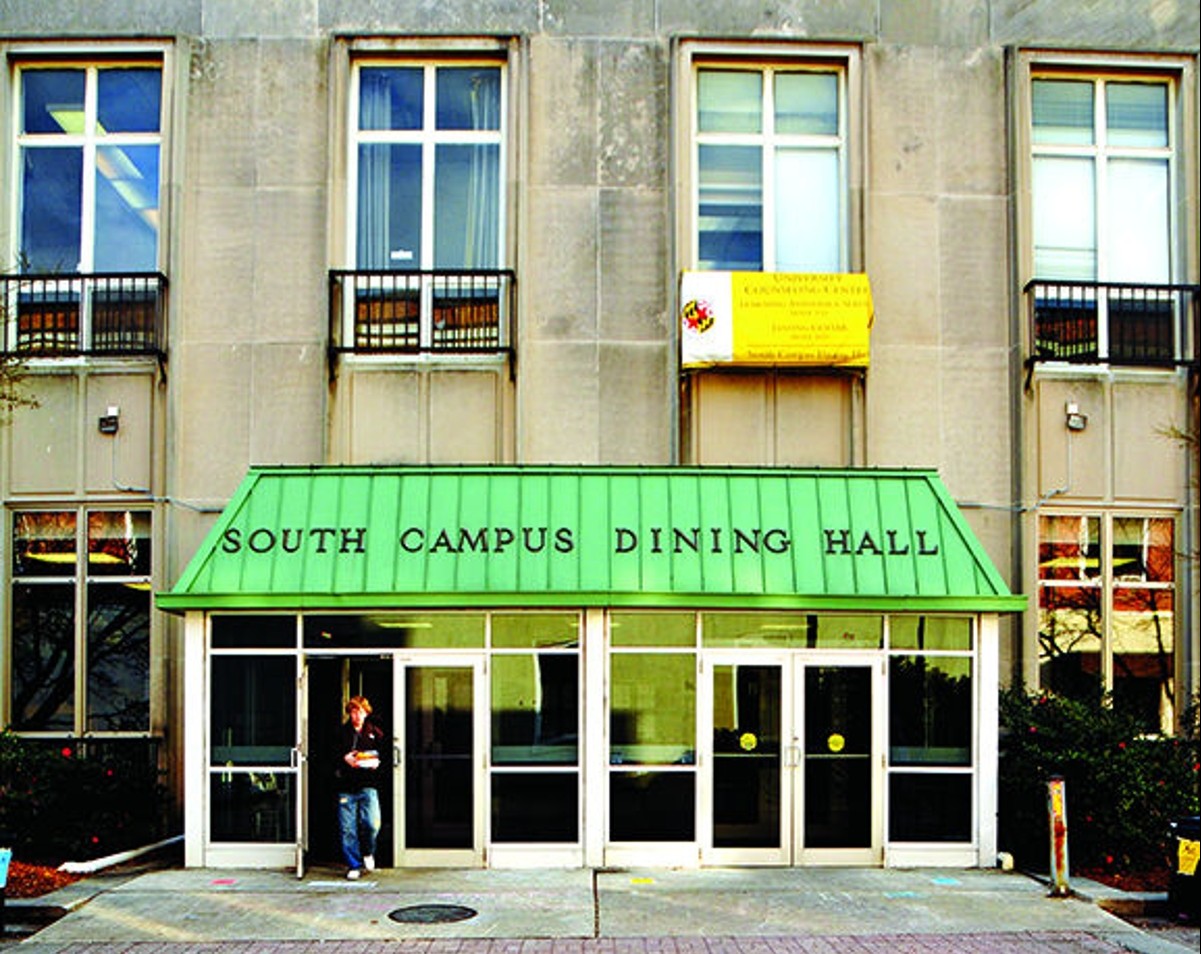Views expressed in opinion columns are the author’s own.
A couple of weeks ago, my Diamondback colleague Jack Lewis expressed his love for the Green Tidings food truck. While I also look to the truck for a desperately needed break from the grease of Sbarro and Auntie Anne’s, there is one thing stopping me from getting healthier, more sustainable food: Dining Dollars.
The University of Maryland has a variety of dining plans students can choose from. If you live in a traditional dorm on campus, you are required to have a Seven-Day Anytime Dining Plan, which gives you unlimited access to any dining hall on the campus. The dining halls — each of which has a salad bar, vegan station and plenty of other relatively healthy options — offer a good source of nutritious food for these students, provided they’re committed to healthy eating.
However, for those of us who don’t live in traditional dorms, it’s a better financial decision to buy Dining Dollars instead of Seven-Day Anytime Dining. Dining Dollars serve as a fallback on those days I don’t want to cook, or when I didn’t have time to pack lunch before leaving for class.
So why am I forced to eat unhealthy foods with those Dining Dollars? They can be used at a few locations in Stamp Student Union, coffee shops across campus and all convenience stores. In Stamp, the only fast-food restaurants that accept Dining Dollars are Chick-fil-A, Subway, Sbarro, Auntie Anne’s and Taco Bell. None of these are healthy options. As a student who has only Dining Dollars, I am essentially given no choice but to fill my body with sodium and fat if I want to buy a hot or freshly made meal.
I have come to assume the value of a Dining Dollar is not equal to a U.S. dollar. Dining Dollars are sold at a discount to students — for example, a student pays $475 for 500 Dining Dollars, therefore giving each Dining Dollar a value less than $1. Some companies, such as Saladworks, Moby Dick House of Kabob, the upcoming Hibachi-San and, of course, the Green Tidings food truck, might not want to accept our discounted Dining Dollars.
That being said, one of those things is not like the other. The Green Tidings truck is run by this university’s Dining Services, and about every other Dining Services location accepts Dining Dollars. Isn’t it a bit hypocritical that Dining Services sells us Dining Dollars at a discounted price, but then isn’t willing to accept them at one of its own locations? Saladworks and Moby Dick are their own entities and are therefore not obligated to accept a university-based form of payment, but all Dining Services locations should.
My vegetarianism limits my Dining Dollars options further. The Green Tidings truck offers vegetarian and gluten free-meals fairly consistently, providing many students a healthy alternative on those days they don’t have the time to cook. I shouldn’t have to break my bank account to get a healthy, fresh meal on the campus, especially when I have prepaid Dining Dollars waiting to be used. While it may not be possible to get more restaurants to accept Dining Dollars, it certainly is possible for this university to make healthier and greener meals more accessible to anyone making that investment.
Liyanga de Silva is a sophomore English major. She can be reached at liyanga.a.ds@gmail.com.



